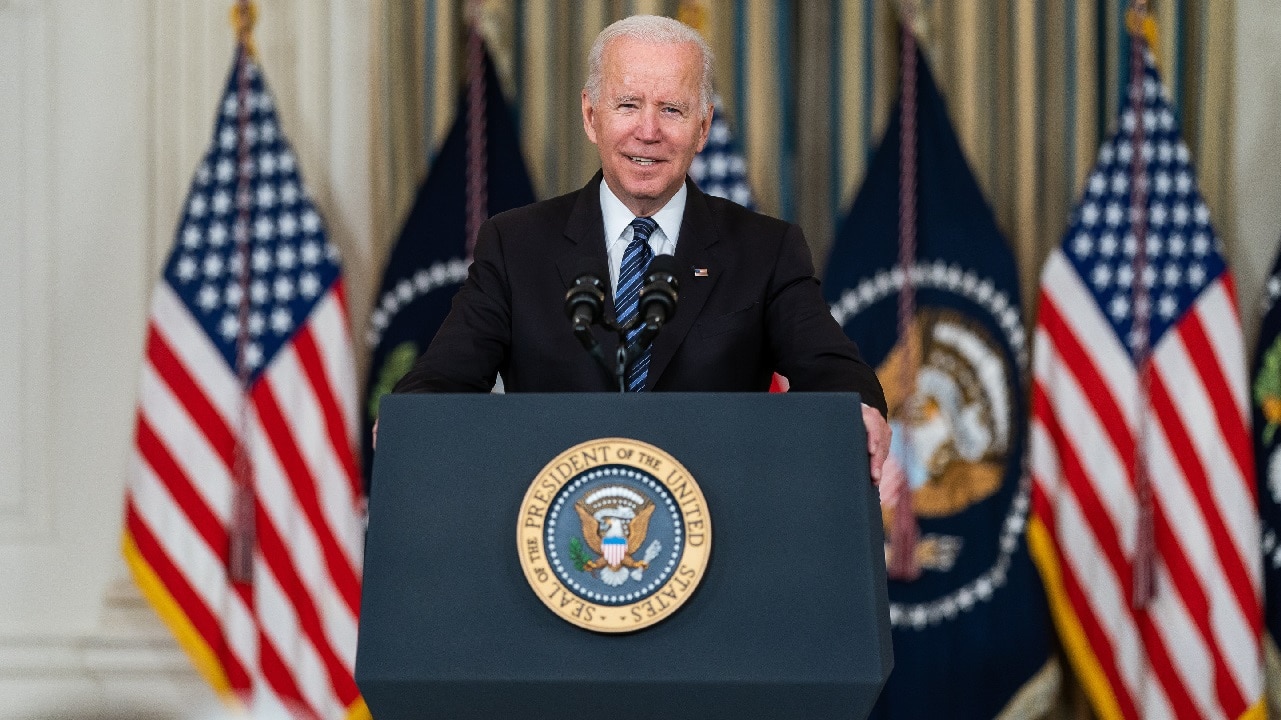Joe Biden wins or get crushed in 2024 based on the economy? Common wisdom holds that the economy, perhaps more than any other factor, dictates the outcomes of presidential elections. “It’s the economy, stupid,” as Clinton’s 1992 campaign emphasized.
And historically, there is no doubt that the economy played an outsized role in election outcomes.
So, what does the contemporary US economy mean for Biden’s 2024 chances?
The Historical Importance of the Economy
Since World War II, incumbent presidents have run for reelection 12 times, winning eight and losing four. “The winners all had strong job markets going for them,” Brookings Institute wrote. “Dwight Eisenhower in 1956, Lyndon Johnson in 1964, Bill Clinton in 1996 and George W. Bush in 2004 all ran with both full employment and low inflation, and all won easily.”
Similarly, the incumbents who lost all had economic problems. “In 1976, Gerald Ford ran with a stubbornly high rate of inflation inherited from the post-price control Nixon years and the first OPEC oil price shock” In 1980, Jimmy Carter ran against a backdrop of high inflation and high unemployment (“which stemmed from policies to reduce that inflation”). In 1992, George H.W. Bush ran for reelection amidst a mild economic downturn, in which unemployment rose to 7.5 percent. And in 2020, Donald Trump was confronted with the COVID pandemic and the related economic calamity.
Joe Biden and the Economy
In striking a debt ceiling deal, after strenuous negotiations with House Speaker Kevin McCarthy, Biden was able to help prevent the US from defaulting on her debt – which would have been hazardous for the US (and global) economies. So, crisis averted, which of course benefits Biden’s economy and his reelection chances.
Biden’s economy has been pretty okay, too. As of early May, “the total employment gains since Joe Biden became President” are “a whopping 12.7 million,” according to The New Yorker. Meanwhile, “the unemployment rate dropped to 3.4 per cent, which tied for the lowest monthly rate since 1969.” Yet poll after poll suggest voters are not impressed with Biden’s economic performance. “What is responsible for this disconnect?” The New Yorker asks.
“If you speak to Democrats, some of them blame the media for focusing on negative economic news.” That’s certainly a contributing factor. The sting of high inflation is another, although inflation has dipped from a 9.1 percent peak to a more manageable 5 percent. Wages, which have not risen commensurate to inflation, is another factor, although wages are starting to tick upwards, and have “practically caught up with rises in prices.”
Another potential explanation for the discrepancy between Biden’s economy and the public economic approval, is a simple decoupling of presidential approval from presidential performance. Basically, as partisanship increases, it is possible that voters have their minds made up about an elected official, or about a party, and those opinions are impervious to any sort of fluctuation in economic conditions. For example, the guy with the MAGA flag unfurled behind his lifted pickup truck is not going to approve of Biden’s economy even if inflation drops to zero.
The human resources professional with the short bangs and the NPR tote wouldn’t have approved of Trump’s economy even if unemployment had dropped to zero. These are generalizations and characterizations but you get the idea. Increased polarization may soften the impact of the economy on upcoming presidential elections.
Harrison Kass is the Senior Editor at 19FortyFive. An attorney, pilot, guitarist, and minor pro hockey player, Harrison joined the US Air Force as a Pilot Trainee but was medically discharged. Harrison holds a BA from Lake Forest College, a JD from the University of Oregon, and an MA from New York University. Harrison listens to Dokken.
From 19FortyFive
The End of Donald Trump Has Arrived

